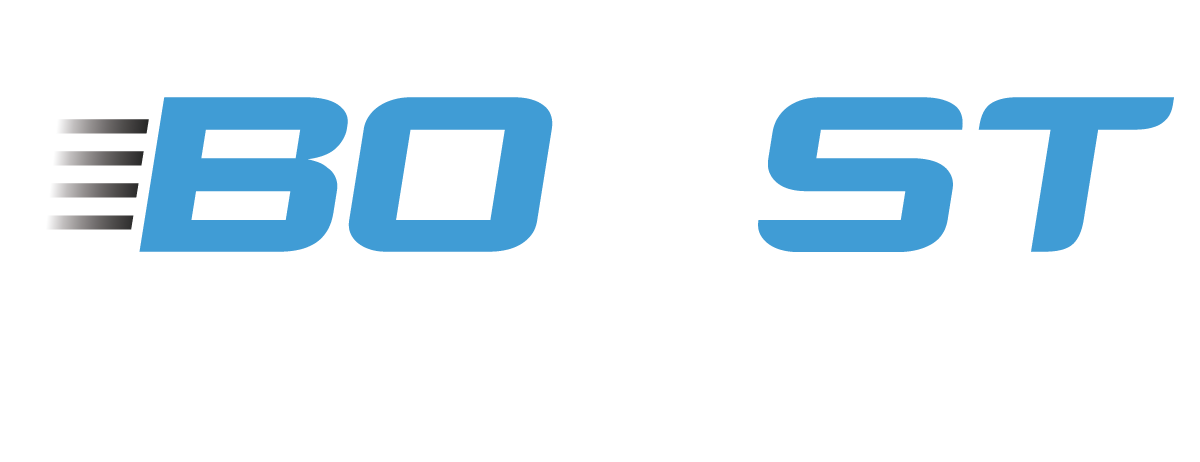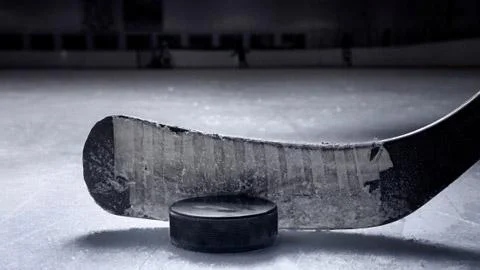I've talked about fear before on this blog and how everyone goes through it as a hockey player. How you react to it can really make a difference. I think this article by John Haime, a mental performance coach, is really worth the read. He brings up a ton of good points and has a lot of great advice to overcome those obstacles and be your best.
“Named must your fear be before banish it you can.” —Yoda
I think we can agree that fear isn’t fun. It makes you feel anxious, unsure of yourself and can have a significant impact on how much you enjoy the game. It also shrinks confidence—a secret weapon you need to play your best on the ice. And don’t forget, your fear can impact your hockey teammates too, so addressing your fears is important for both you and the success of your team!
What is it you’re afraid of in your game?
Well, it could be many things: like the real, tangible fear of failure, making mistakes, not reaching expectations set for you, disappointing your teammates, coaches or parents, or a rather lengthy list of reasons that can cause those uncomfortable feelings and take the enjoyment out of your game.
But fear not! There’s help on the way for you to address any fear you have and bring a more relaxed, carefree mindset to your game.
Biology Doesn’t Help
First, if you don’t feel fear you simply aren’t a human being. We all feel fear, to different degrees—it’s what makes us human. I have the privilege to work with some of the world’s leading athletes, including NHL players—and they feel fear—so it’s not surprising that you might feel fear in your game too.
To a degree, we are all prisoners of our biology. As human beings, we are built to survive and protect ourselves. The amygdala, or control center of the emotional brain, makes sure of that. This little alarm mechanism has ensured the survival of the human species for centuries. You know how it works: you perceive a threat, the alarm goes off and that uncomfortable feeling begins. We all are familiar with this feeling.
When human life was about “eat or be eaten” and our ancestors were dealing with real, life threatening challenges every day, the alarm was a must-have. But for you as a rec hockey player, the emotional brain doesn’t really know the difference between a hungry lion chasing your ancestor and your perceived threat of embarrassing yourself on the ice.
That’s important for you to know.
The What Ifs
Working with hockey players every day, the primary cause of fear that I address is a future projection of what a player believes may happen—what we call the “what ifs.” The tendency is projecting out that something negative may happen (protect mode) and that makes the athlete anxious in the moment, telling themselves things like “I can’t do it” or “Why am I doing this?”
An example for you might be... You arrive at the rink for a game, your teammates, coaches, parents and others are waiting for you to perform, and the voice inside you starts considering threats and acting up...
“WHAT IF I look dumb in front of everyone?”
“WHAT IF I screw up and let my team down?”
“WHAT IF I let my coach and supporters down?”
“WHAT IF I don’t play well?”
This creates your anxious feeling, and depending on the intensity of the feeling it can be a real distraction—and sometimes even overwhelming.
There are many “what if” scenarios that could distract you from your central purpose for playing the game: enjoying the game you love and achieving something important to you. Keep in mind that although you project out these things might happen, they almost always never do—and that’s important for you to remember.
Isolated experiences from the past can also create feelings of fear. Negative emotional memories can be brought forward to cause the anxious feelings and also distract you from the performance you’re facing. Experiences in the past are real and a part of you, but your focus must be on all of the great, positive experiences in the game (there will be many) leaving the few, negative ones behind.
So, there is nothing wrong with you for feeling fear. It is completely normal. Recognize that your emotional brain always has the antenna up to perceive threats. Remember the advice from Yoda as a first step: you must recognize your fear. Then, you must ask yourself the question of how much of a threat it really is.
Ideas & Strategies That Help Conquer Your Hockey Fears
Here are 6 simple recommendations that we might use with a player that can help you deal with your fears and put them in perspective:
1. Address your fears directly. What are you afraid of and what could be the reasons? When you understand what might be causing your fear and acknowledge it, it will help you consider ideas how on to address it.
2. Always remember your purpose for playing. “I love playing hockey because I love the speed, the competitive environment, the opportunity to show my skills and sharing an experience with my teammates.” Write your purpose down and keep it front and center—always! Your purpose will help you create perspective about what’s REALLY important in your game and why you are doing it.
Remember also that having a feeling of gratitude about the opportunity to play and do what you love to do can fill you with positive energy and dampen those feelings of fear.
3. Learn to manage the most important voice in your game—and your life—your own! Sometimes our own voice doesn’t help and tells you things you really don’t want to hear, building the threats into something bigger than they are.
It’s important to develop your own “emotional caddie”—a friendly, supportive voice that you might use if your best friend was having troubles. Try the same language and tone with yourself. A few suggestions might be:
“I can’t wait to test what I’ve been working on in practice.”
“Everyone watching is supporting me. I’ll treat them to some great play.”
“My best effort is all I can do. I might make a few mistakes, but being perfect doesn’t exist.”
“Pressure really gives my game meaning. This is where I want to be!
4. Confidence and constantly building it is a secret weapon to overcome fear. Creating a feeling of “knowing” you can do it in your practice and preparation will help keep those fearful “what if” thoughts from taking over. After all, you’ve done great work with the team and on your own. You know you can do it, so bring the same feelings and approach to the game ice.
5. Practice mindfulness to enjoy playing hockey and stay in the moment. The future is where your goals are, but you don’t achieve them without staying in the moment and paying attention to the steps that will get you to those goals. Choose to bring the positive experiences from the past forward to support your confidence—and choose to leave the few negative ones where they belong—behind you!
6. Know the difference between prove vs. improve. The goal in your game should always be trying to improve all of your skills (technical, physical, strategic, mental/emotional). Sometimes, when our goal is to “prove” ourselves to others, fear will creep in—the fear of the “what ifs” and trying to meet others’ expectations of you. Winning is great, but it will only come if you are doing the right things—enjoying yourself and trying to become a better player each and every day.
The Bottom Line: If fear is holding you back from really enjoying playing hockey and using all your abilities, fear not! Remember that you are in control of your fears and there are practical actions that can help you douse the flames, helping you to be a more confident, proactive player.
Follow these steps and you are well on your way to your Pursuit of Greatness!
John Haime is a Human Performance Coach who prepares performers to be their very best. He is passionate about helping others prepare, think and perform like a world-class athlete. This article appears on CrossIceHockey.com—For the Recreational Hockey Player, courtesy of HockeyShot.com.










